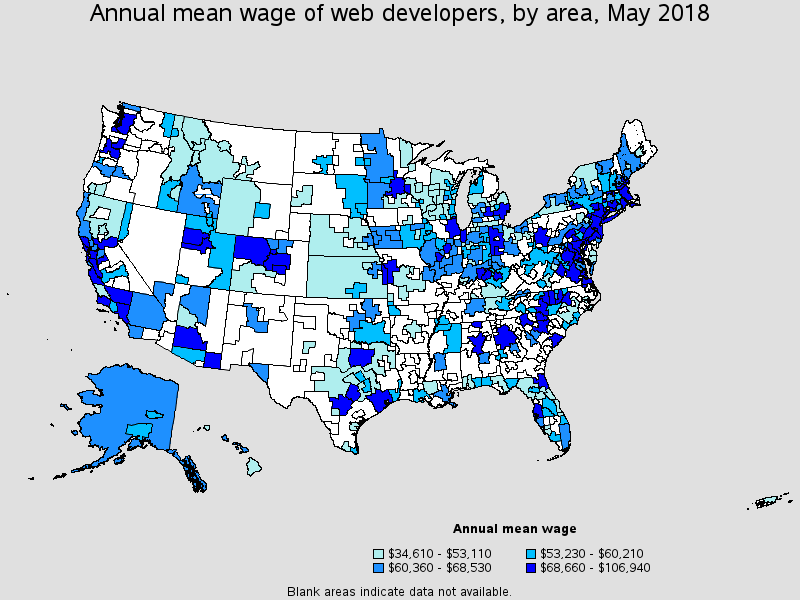It’s remarkable to me how many developers have no idea what their time is worth. I speak with a lot of developers, and when I mention my work on TrackJS, I frequently hear “I could build that”. Yeah, you could. Observability tools aren’t rocket science. But you shouldn’t. Your time is too valuable to build better mousetraps.
Your time is valuable and finite. Both to you and to your company. Your time should be spent on the work that will be the most impactful and valuable. The Pareto Principle tells us that most of your value will come from 20% of the work.
By focusing your attention on the right 20%, you can make a bigger impact, create more value, and be more successful. Recreating tools that already exist is probably not the work that will create value for you.
What Your Time is Worth to Your Employer
In a perfect world, your company pays you fairly for what your time is worth to them, but that depends a bit on where you live. Within the US, we have some data on web developer salaries from the U.S. Bureau of Labor Statistics.

If you live in a major software center like New York, Austin, or Minneapolis, the mean salary is somewhere around $90K. If we add another 25% for the cost of benefits and employment overhead, and we have about $112K.
That’s $56/hour on average. Maybe you make less, hopefully you make more, but its a good estimate for what your time costs.
The cost of your time is interesting as a minimum threshold. Your time is worth at least that much, hopefully quite a bit more. Exactly how much more depends on your opportunity. What could you be creating with your time?
I’ve worked on a project that generated over $10 million in gross profit. It took roughly 8,000 hours to build. Our time was worth $1250 per hour!
What Your Time is Worth to You
You have 2,150 weeks. That’s every week of your working life, age 22 to 65. That’s your time to make an impact in your professional life. Time is our most precious and most fleeting resource. We can’t get our time back, we can’t buy more of it. We can only choose what to spend it on.
You can choose the work that you believe in. You can choose the companies, the projects, and the people that are making an impact; the work that creates lasting value.
Or you can choose to write your own JavaScript Framework.
Understanding Your Worth
As a web developer, your professional time is worth somewhere between $56 and $1500 per hour. It’s up to you to decide how to spend it.
When I talk about TrackJS and someone tells me “I’m building my own front end monitoring tools”, they probably don’t know what their time is worth. Creating your own is deciding to spend 4 weeks, costing $9,000, to get a less-complete copy of a $100 software package. You’re wasting thousands of dollars and hundreds of precious hours. See TrackJS pricing to understand how affordable professional error monitoring really is compared to developer time costs.

Even more foolish, you could have spent your time building something impactful for your company. You could have launched a new feature, landed a new customer, or solved a new problem. You could have created $200,000 of value focusing on other opportunities.
Don’t waste your precious time trying to avoid spending a few dollars tools. Don’t be penny-wise and pound-foolish.
TrackJS can help you understand how your web application breaks in production. TrackJS saves you hundreds of hours debugging for only a few bucks per month. That’s a lot of value. You go be awesome and build the best web app you can, we can cover your monitoring.


